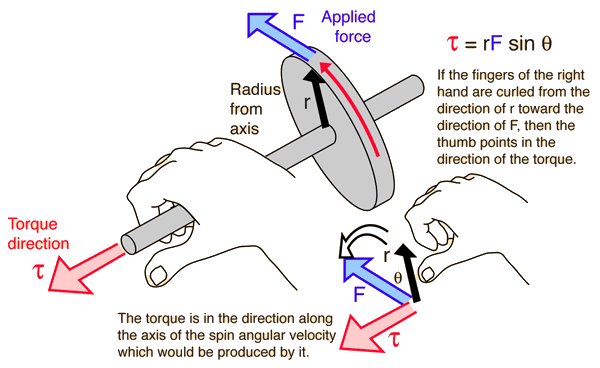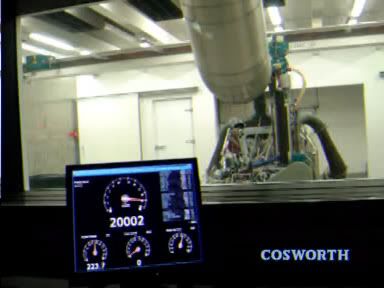Let see if I'm correct here..
Torque affects how fast you could accelerate, but the power affects effectively how fast you can speed up to.
Ignore the term "power". That's what trips everyone up. Horsepower isn't power as most laymen (including myself) think of it. Torque is the amount of force, which is intuitively what one thinks about when they think of power. Torque is the amount of force being created. The torque is the power you feel no matter how fast you are going.
It's easy to measure torque, but in order to measure horespower, you measure the amount of torque, and multiply it by how fast it's turning, and multiply it by a constant. HP = Torque x RPM x constant
This basically means that you cannot separate the two. Dont even try, because it's impossible. In layman's terms you can make silly rules of thumb and say a car with a lot of torque will accelerate faster than a car with very little torque, but it's just silly.
Horsepower is purely an academic term with no real basis in reality beyond a formula man invented for how fast "work" is done. Do not try to separate horsepower from torque, because horsepower is measured by an equation with the amount of torque in it. Torque is part of the horsepower formula.
What the equation really means, is that if you make a lot of torque at high RPMS, you'll make a lot of horsepower. That's it. HP is torque multiplied by how fast it's being moved. High torque x high speed = high Horsepower number.
The only reason we measure horsepower, since it's a purely academic theoretical number derived from silly obscure formulas, is because horsepower has an effect on track times, on how fast a car will go, even though it's a bizarre theoretical number pulled out of a weird equation. And when I say how fast, I mean track times.
You can make a TON of torque (literally 2000 lbs of torque), but if you cant move that ton of force very quickly, it will be very, very slow. Horsepower has more to do with speed on a track.
The key to remember though, is that with internal combustion engines in most cars, in order to make a lot of horsepower, they have to tune the engines in various ways to sacrifice torque in the low end of the RPM range. Think of the Honda S2000 motor that has a 9,000 RPM redline and stalls out at 5,000 RPMs because it doesnt make very mcuh torque there. It makes some torque at 9,000 RPMs, but since it's moving that torque so fast, it doesnt have to make as much of it to be a quick car. But some cars make a LOT of torque at high RPMs, and that's why they make so much horsepower. Think of Top Fuel dragsters here.
In a motor you drive around on the street, it's much more important to have a lot of torque than horsepower so that you dont have redline the engine every time you need to get the car moving. This is why American muscle cars built for drag racing with that crazy lopey cam sound and rough idle are usually trailer queens. They're very, very impractical to drive on the street and they're not very fun to drive on the street since you have to rev it to 5,000 RPM to get around. But once you get to 5,000 RPM that V8 makes all the torque you can handle and then some. And since it's making so much torque at high rpms, it makes quite a lot of horsepower.
Hopefully some of that made a little sense. All Im trying to say is that you cant say torque means you accelerate faster and hp means you have a better top speed. It may turn out that way in a lot of cases, but if you try to understand the nature of the horsepower formula and you will see that torque and horsepower are heavily-related numbers.



